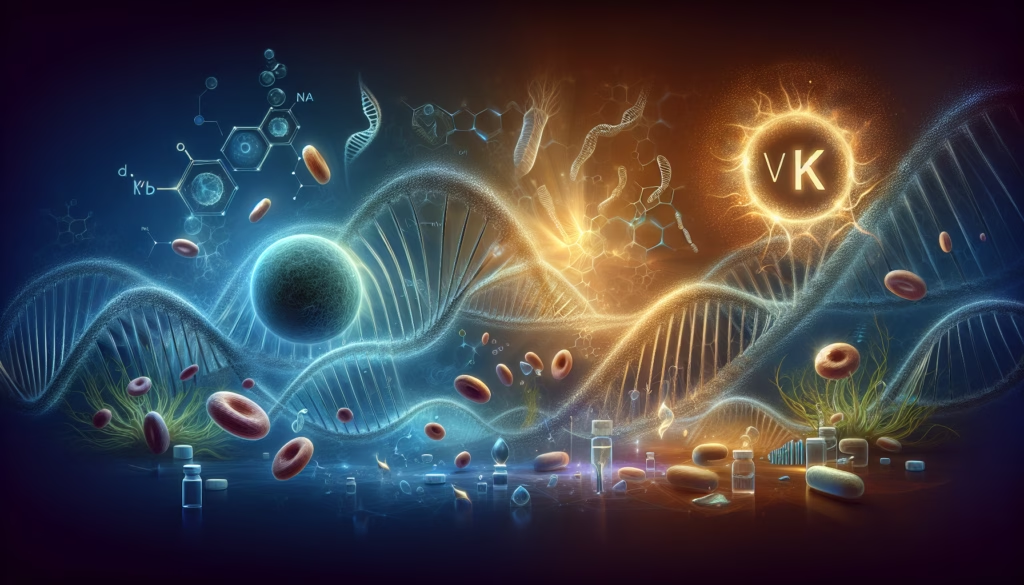
Beta Glucan
Discover the science-backed potential of beta glucan as an adjunct in cancer therapy. This post delves into the latest research
Click 
Piperine, the primary bioactive compound in black pepper (Piper nigrum), demonstrates diverse biological activities, including potential anti-cancer effects. Its mechanisms of action include:
Molecular Mechanisms:
* TRPV1 Agonism: Piperine activates TRPV1, a non-selective cation channel involved in pain and inflammation signaling. This activation can lead to downstream effects on cellular proliferation and apoptosis in cancer cells.
* NF-κB Inhibition: Research indicates piperine can suppress the nuclear factor-kappa B (NF-κB) pathway, a key regulator of inflammation and cancer cell growth. This inhibition may contribute to its anti-cancer potential.
* Modulation of Drug Metabolising Enzymes: Piperine influences cytochrome P450 enzymes, potentially altering the metabolism and efficacy of other anti-cancer drugs when used in combination therapies.
Metabolic Interactions:
Piperine’s influence on cancer metabolism is an area of ongoing research. Studies suggest it may impact:
* Glycolysis: Piperine potentially affects the Warburg effect, a hallmark of cancer metabolism characterised by increased glucose uptake and lactate production even in the presence of oxygen.
* Mitochondrial Function: Preliminary evidence indicates piperine may modulate mitochondrial respiration, which could impact cancer cell energy production and metabolism.
Key Research Findings:
* In vitro studies have demonstrated piperine’s ability to inhibit proliferation and induce apoptosis in various cancer cell lines, including prostate, breast, lung, and colorectal cancer cells.
* A 2016 study published in “Oncotarget” showed piperine’s inhibitory effect on prostate cancer cell growth by targeting the androgen receptor signaling pathway.
Relation to Metabolic Theory of Cancer:
Piperine’s potential to modulate glycolysis and mitochondrial function aligns with the metabolic theory of cancer, which posits that metabolic dysregulation is a driver of cancer development and progression. Further research is required to elucidate these connections and their therapeutic implications.
Current clinical trials are ongoing to establish safe and effective doses for piperine’s therapeutic use in cancer treatment. In dietary supplement form, typical doses range from 5-20 mg per day, though these amounts are not specifically established for cancer treatment.
Breast Cancer, Colorectal Cancer, Lung Cancer, Prostate Cancer
Piperine is generally considered safe for short-term use in culinary amounts. However, high doses or prolonged supplementation may lead to:
Individuals taking medications or with pre-existing health conditions should be cautious when using piperine supplements.
Research suggests potential synergistic effects when piperine is combined with certain chemotherapy agents, enhancing their efficacy. For example:
Clinical validation of these combination therapies remains insufficient, necessitating further research to establish safe and effective protocols.
Limited data exists on piperine’s impact on quality of life in cancer warriors. Potential benefits affecting quality of life include:
These potential benefits remain largely theoretical and require further clinical validation.
We’ve done our best to include as much information as possible for this supplement.
If you have any other questions, please send us a message or join our Skool Group and ask our knowledgeable and friendly community.
Piperine is readily accessible as a dietary supplement in most countries. The regulatory status varies:
It is advisable to check local regulations as they may differ between countries.
While preclinical studies have shown promising results, clinical trials are necessary to determine its efficacy and safety across different populations. This remains an area requiring further research and exploration.
Resistance mechanisms related to piperine in cancer treatment have been explored in some studies. For example, piperine has been shown to target drug resistance mechanisms in ovarian cancer cells, such as downregulating proteins like P-glycoprotein (P-gp) and breast cancer resistance protein (BCRP), which are associated with multidrug resistance.
Additionally, it can influence extracellular matrix components and cell adhesion-mediated drug resistance, potentially enhancing the effectiveness of chemotherapy.
Numerous preclinical studies using various cancer cell lines and animal models have demonstrated piperine’s potential anti-cancer properties. Key findings include:
Preclinical results do not necessarily predict human efficacy; thus, further clinical research is necessary.
As of 2023, no active registered clinical trials specifically investigating piperine as a primary treatment for cancer are listed on major databases like ClinicalTrials.gov. Most current research on piperine’s anti-cancer effects is in preclinical stages.
While piperine has shown potential in modulating various signalling pathways and inducing apoptosis in cancer cells, no definitive genetic markers have been identified to tailor its use for individual patients.

Discover the science-backed potential of beta glucan as an adjunct in cancer therapy. This post delves into the latest research

Explore the emerging world of hydrogen gas (H₂), also known as Brown Gas, and its remarkable potential as an adjunct

Explore the latest scientific insights into vitamin K2 and its promising role in cancer therapy. In this comprehensive blog post,
Apoptosis, or programmed cell death, is a natural process where cells self-destruct when they are damaged or no longer needed. This is crucial for maintaining healthy tissues and preventing diseases like cancer.
Drugs and supplements that induce apoptosis help eliminate cancerous cells by triggering this self-destruct mechanism, ensuring that harmful cells are removed without damaging surrounding healthy tissue.
Understanding and harnessing apoptosis is vital in the fight against cancer, as it targets the root cause of the disease at the cellular level.
Cell proliferation is the process by which cells grow and divide to produce more cells. While this is essential for growth and healing, uncontrolled cell proliferation can lead to cancer.
Drugs and supplements that inhibit cell proliferation help prevent the rapid multiplication of cancerous cells, slowing down or stopping the progression of the disease.
By targeting the mechanisms that drive cell division, these treatments play a vital role in controlling and potentially eradicating cancer.
Cancer cells often hijack specific biological pathways to grow and spread. Drugs and supplements that target these pathways can disrupt the cancer cell’s ability to survive and multiply.
By focusing on the unique mechanisms that cancer cells use, these treatments can be more effective and cause fewer side effects compared to traditional therapies.
Targeting specific pathways is a key strategy in precision medicine, offering a tailored approach to combat cancer at its core.
Angiogenesis is the process by which new blood vessels form, supplying nutrients and oxygen to tissues. Cancer cells exploit this process to fuel their growth and spread.
Drugs and supplements that inhibit angiogenesis can effectively starve cancer cells by blocking the formation of these new blood vessels.
By cutting off the supply lines that tumors rely on, angiogenesis inhibitors play a crucial role in controlling and potentially shrinking cancerous growths.
Immunotherapy harnesses the power of the body’s immune system to combat cancer. By boosting or restoring the immune system’s natural ability to detect and destroy cancer cells, immunotherapy offers a targeted and effective approach to treatment.
Drugs and supplements that support immunotherapy can enhance the immune response, making it more efficient at identifying and attacking cancer cells.
This innovative approach not only helps in treating cancer but also reduces the risk of recurrence, providing a powerful tool in the fight against this disease.
Inflammation is the body’s natural response to injury or infection, but chronic inflammation can contribute to the development and progression of cancer.
Drugs and supplements with anti-inflammatory properties help reduce inflammation, thereby lowering the risk of cancer and other chronic diseases.
By targeting the inflammatory processes, these treatments can help maintain a healthier cellular environment and prevent the conditions that allow cancer to thrive.